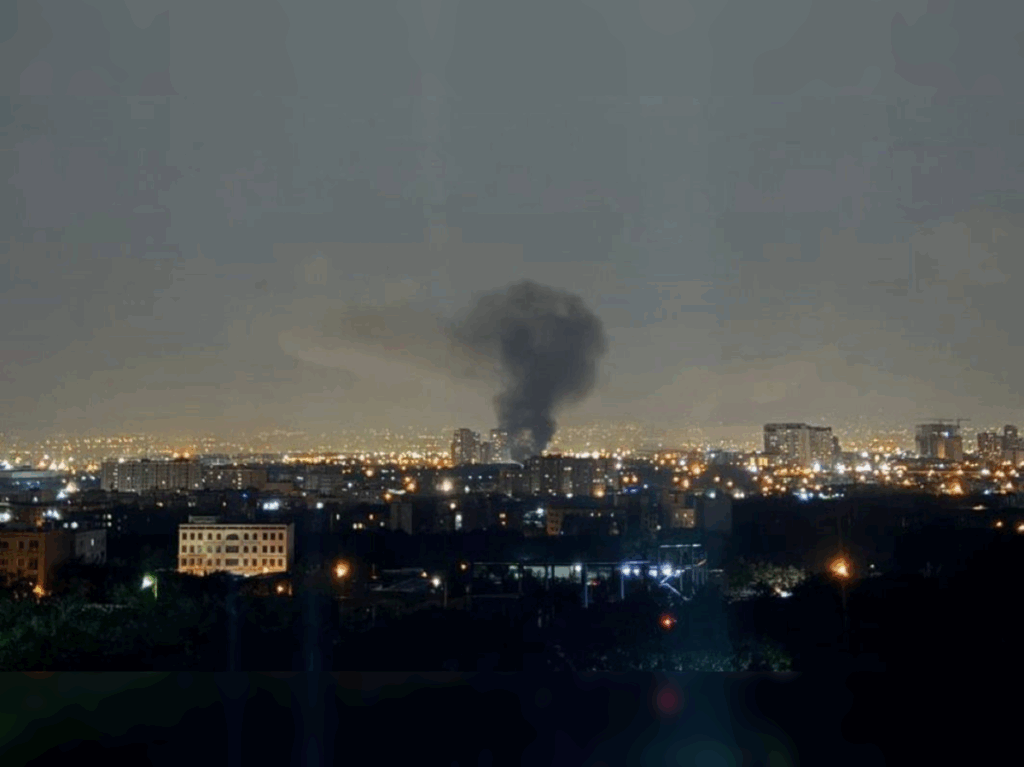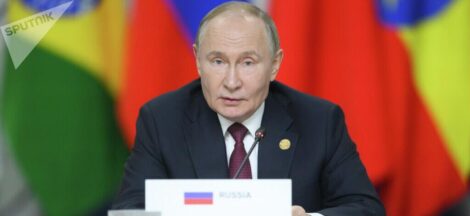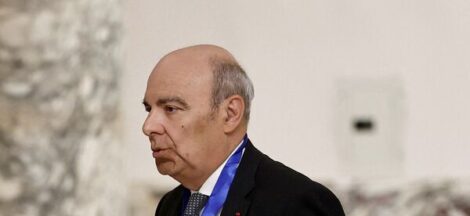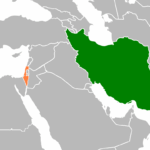Tensions between Iran and Israel have surged as Gulf monarchies—Qatar, Oman and Saudi Arabia—undertake a high-stakes diplomatic initiative aimed at averting a full-scale regional war. With back‑channel diplomacy in full swing, Gulf leaders have urged U.S. President Donald Trump to exert direct pressure on Israeli Prime Minister Benjamin Netanyahu to accept an immediate ceasefire. In return, Tehran has signalled willingness to make concessions in nuclear negotiations—a strategic bid to de‑escalate rising hostilities.
The diplomatic effort unfolds against the backdrop of devastating strikes exchanged in recent days. Israel’s Operation Rising Lion commenced on 13 June, marking its most aggressive assault on Iranian territory since the 1979 revolution. Israeli forces hit multiple sites, including nuclear facilities and military installations, reportedly killing top commanders and damaging around 15,000 centrifuges at Natanz. Iran responded with missile barrages into Israeli cities, causing civilian casualties in Tel Aviv and Haifa.
In an appeal carried out through Gulf intermediaries, Tehran requested that Qatar, Oman and Saudi Arabia press President Trump to call on Netanyahu for an immediate halt to military operations. In exchange, Iran promised “flexibility” in resuming nuclear talks with Washington. Gulf states acted swiftly, engaging Washington, Tehran and other capitals throughout the weekend to quell the fiercest clash yet between the two adversaries.
A draft ceasefire framework, reportedly shared by Oman, includes a proposal for Iran to suspend uranium enrichment for up to a year, backed by stringent inspections by the International Atomic Energy Agency. In turn, Iran would gain recognition of its right to civil nuclear capacity and see some sanctions eased.
Abbas Araqchi, Iran’s deputy foreign minister, communicated directly with European counterparts to clarify that diplomacy remains viable if Israel halts its offensive. He stated this is “consequential” and could be enacted “with one phone call from Washington”. In parallel, Iran’s supreme leader Ayatollah Ali Khamenei has acknowledged that the country would not negotiate while under attack, but is open to dialogue once conditions permit.
President Trump, present at the G7 summit in Canada, has embraced a role in mediating the crisis. He reiterated that Iran must “make a deal before there is nothing left,” noting that some of Iran’s centrifuges have been severely damaged. He signalled that the U.S. might stay out of the conflict provided Iran returns to the negotiating table.
Israel, meanwhile, remains firmly opposed to any ceasefire that fails to neutralise Iran’s nuclear and missile capability. Prime Minister Netanyahu has asserted that the campaign could still be achieved through diplomacy, but added that military steps remain necessary to “remove the threats.” His government cancelled a planned sixth round of talks in Muscat scheduled for 15 June, citing active hostilities.
The humanitarian consequences of this confrontation are mounting. Official tallies indicate over 224 Iranian fatalities—predominantly civilians—and at least 24 Israeli deaths. Infrastructure damage spans vital sites in Tehran, Haifa and Tel Aviv, while thousands of residents face evacuation and blackout alerts.
Global economic reaction has been cautious. Oil prices eased by approximately 1 %, and global equity markets, including the Dow and S&P, climbed amid investor optimism that diplomatic channels might dampen escalation.
The IAEA has begun assessing widespread damage to Iran’s nuclear programme, suggesting that vast centrifuge losses at Natanz may have occurred via Israeli airstrike‑induced power outages. Yet Iran still appears intent on delaying full negotiations until hostilities cease.
The entangled dynamics of this crisis reflect Gulf states’ growing diplomatic confidence. Their simultaneous engagement with Washington and Tehran signals a deeper regional assertion aimed at preserving stability and safeguarding critical energy infrastructure. For Qatar and Oman, already serving as negotiation hosts, and Saudi Arabia, balancing relations with both sides, the stakes involve both regional security and global markets.
As the conflict enters its fifth day, the world watches whether this ceasefire overture via Gulf mediation will unlock stalled nuclear talks—and if, conversely, Israel’s military momentum may derail diplomatic breakthroughs.




 G7 Backs Israel’s Defence as Tensions With Iran Escalate
G7 Backs Israel’s Defence as Tensions With Iran Escalate 